Vulvar cancer usually affects women over the age of 65. But in some cases it may occur in women before this age.
Table of Contents
Vulvar cancer
Vulvar cancer is cancer that originates in any area of the vulva. The vulva is defined as the organ that houses a woman's external genitalia. It includes the pubis, labia majora and minora, urethral opening, clitoris, as well as Bartholin's glands and vaginal opening.
Types of vulvar cancer in Turkey
Primary vulvar cancer is cancer that originates in the vulva. But if it starts in another area of the body and then spreads to the vulva it is called secondary vulvar cancer.
There are several types of vulvar cancer, including:
Squamous cell carcinoma
It is the most common type of vulvar cancer and makes up about 90%. It affects the outer layers of the skin, where the word squamous refers to flat cells that resemble fish scales. A subtype of it called warty cancer develops slowly and looks like warts.
Vulvar melanoma
Vulvar melanoma makes up about 5% of all vulvar cancers. Melanoma appears as a dark spot as it affects melanocytes. The spread of this type of cancer to other areas of the body poses a high risk.
Adenocarcinoma
This cancer originates in the cells lining the glands in the vulva, and is less common than the types of vulvar cancers and has two types:
Bartholin's gland cancer: This tumor begins in the cells in the Bartholin's glands just within the vaginal opening.
Paget's disease: This type may form in the sweat glands of the vulva or at the top of the vulva.
Sarcoma
Most cancers of this type are malignant and rare. Sarcoma originates in bone or muscle cells and can appear at any age.
Basal cell carcinoma
It is the most common type of skin cancer, usually appearing on the skin exposed to the sun, and may appear on the vulva area.
Causes of vulvar cancer
The exact causes of vulvar cancer are not specific. But about half of all vulvar squamous cell carcinoma cases are caused by HPV, especially in younger women. The other half is associated with a chronic skin condition called lichen sclerosus.
Risk factors for vulvar cancer
Some risk factors that increase the chance of vulvar cancer include:
- Age, as most vulvar cancer occurs in women over the age of 70.
- HPV infection.
- Family history of skin cancer.
- Sexually transmitted diseases, as women who have a high level of antibodies to the herpes simplex virus. More likely to develop vulvar cancer.
- Smoking.
- Kidney transplantation, which may be due to the use of immunosuppressive drugs after transplantation to prevent rejection of the transplanted organ.
- Human immunodeficiency virus (HIV) may increase the chances of contracting HPV.
Systemic lupus erythematosus
- Psoriasis.
- Radiation therapy for uterine cancer.
- Vaginal cancer.
- Cervical cancer.
Symptoms of vulvar cancer
Symptoms of vulvar cancer do not appear in the early stages but appear in the advanced stages, including:
- Constantly itching in the vulva.
- Feeling pain or burning in the vulva.
- Red, white or dark spots on the skin.
- The appearance of a mass resembling a wart.
- The appearance of open sores that do not heal.
- Bleeding in the vulva.
- The appearance of an abnormal odor.
- Bloody vaginal discharge.
- Burning during urination.
Vulvar Cancer Diagnosis in Turkey
The diagnosis of vulvar cancer in Turkey depends on knowing the medical history, performing a physical examination, and then performing the following examinations:
- Examine the vulvar area with a scope to see it accurately and detect the appearance of any lesions.
- Taking a biopsy of the lesion and seeing it under a microscope, which is one of the most accurate tests to confirm the diagnosis.
- If the diagnosis of vulvar cancer is confirmed, other tests are performed to determine its spread, including:
- Cystoscopy and rectum.
- Pap smear.
Imaging tests, such as X-rays, MRI and CT scans.
Vulvar Cancer Treatment in Turkey
Surgery
is the main treatment for vulvar cancer in Turkey, and aims to remove the tumor without losing sexual function. If vulvar cancer is diagnosed early, minimal surgery is required. In the later stages, the surgery will be more intensive.
Types of surgery include:
- Laser surgery: This surgery relies on a laser beam that works to eliminate cancerous surface lesions.
- Local resection: This surgery removes the location of the tumor and some healthy tissue around it. In some cases, nearby lymph nodes are removed.
- Vulvectomy: In this type of surgery, part or all of the vulva and possibly some nearby lymph nodes are removed.
- Removal of pelvic entrails: In this surgery, the lower part of the colon, bladder, cervix, vagina, ovaries, nearby lymph nodes and rectum are removed. Openings are created to allow urine and feces to exit the body.
Surgery may be followed by chemotherapy or radiation therapy to eliminate any remaining cancer cells.
Radiation therapy
This treatment uses high-energy X-rays or other types of radiation and is done in the following ways:
External radiation therapy where a machine is used to deliver radiation through the skin to the tumor site.
- Internal radiation therapy: where a radioactive material is used that is inserted through needles or catheters that enter directly into or near the tumor.
The choice of the method of delivering radiation therapy depends on the type and stage of vulvar cancer being treated.
Chemotherapy
When taken orally or injected into a vein or muscle chemotherapy can attack tumors throughout the body.
When chemotherapy is introduced directly into the spine or a specific organ in the body, or applied directly to the skin in the form of a cream or solution. It fights cancer locally in those specific areas, and the type of chemotherapy given depends on the grade and type of cancer.
Biological therapy
It is a type of immunotherapy that uses artificial or natural materials to help the body defend against the tumor.
In conclusion, Turkey is one of the developed countries in the treatment of vulvar cancer. It offers several advanced laboratories and hospitals such as Medici Center, which is the best center for the treatment of vulvar cancer in Turkey. For more information about vulvar cancer in Turkey. You can contact Medicsey Center to provide free and instant consultation by the best gynecologist in Istanbul, Prof. Dr. med. Sona Özdemir.
read more: IVF Tube Baby





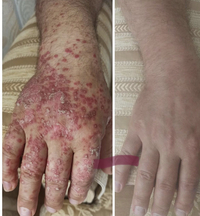
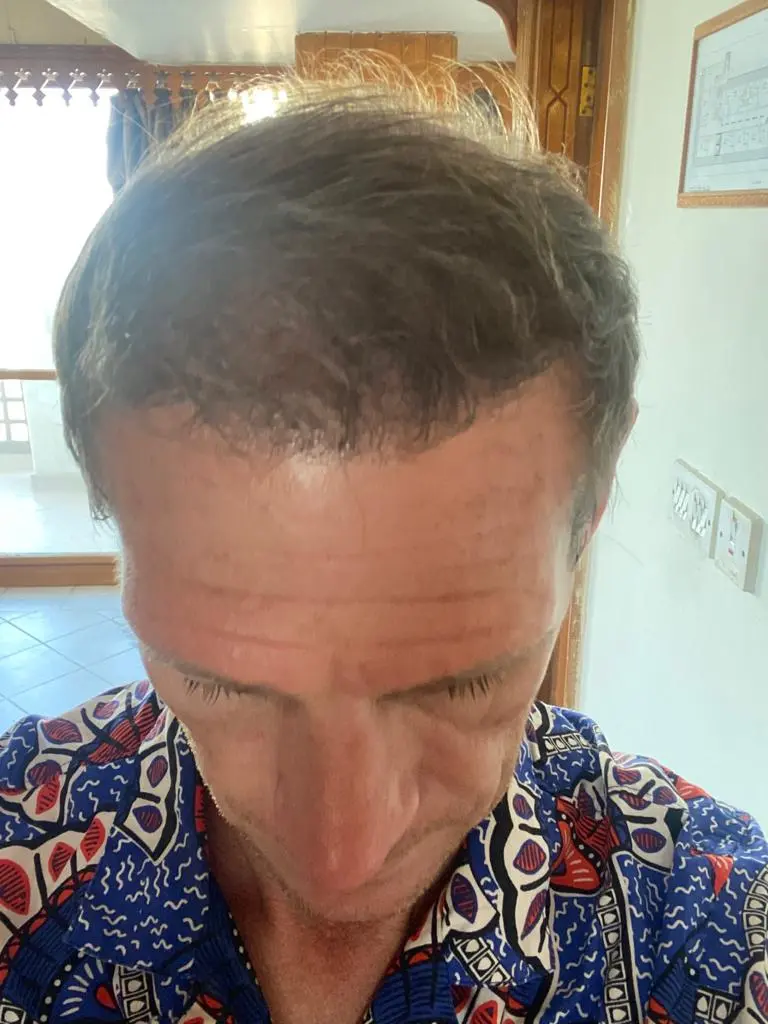

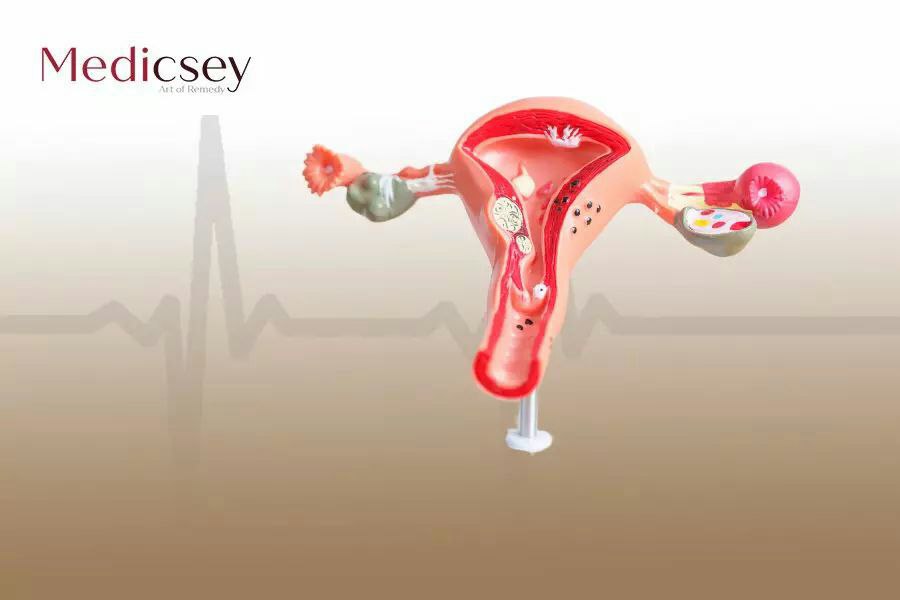
.webp)


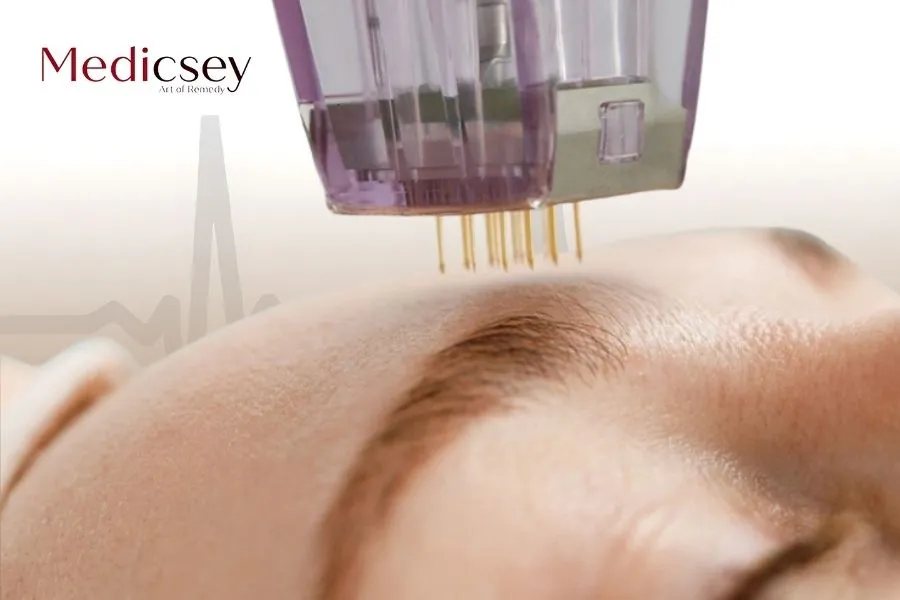.webp)
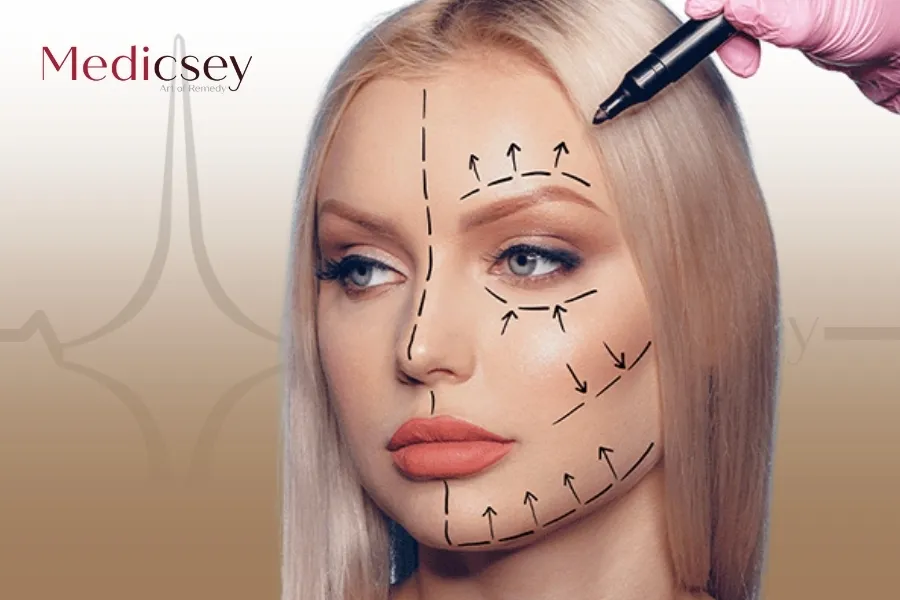

.webp)